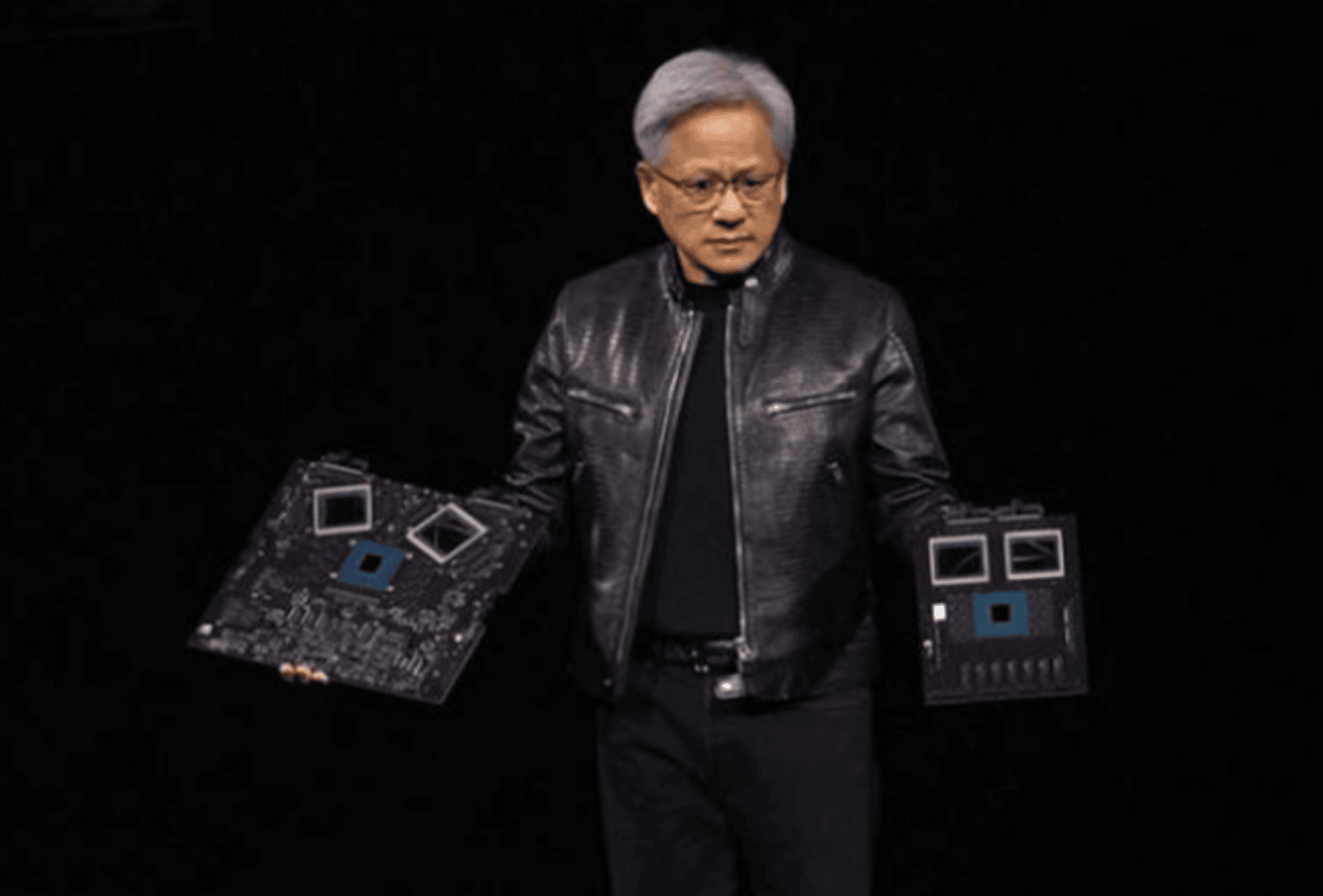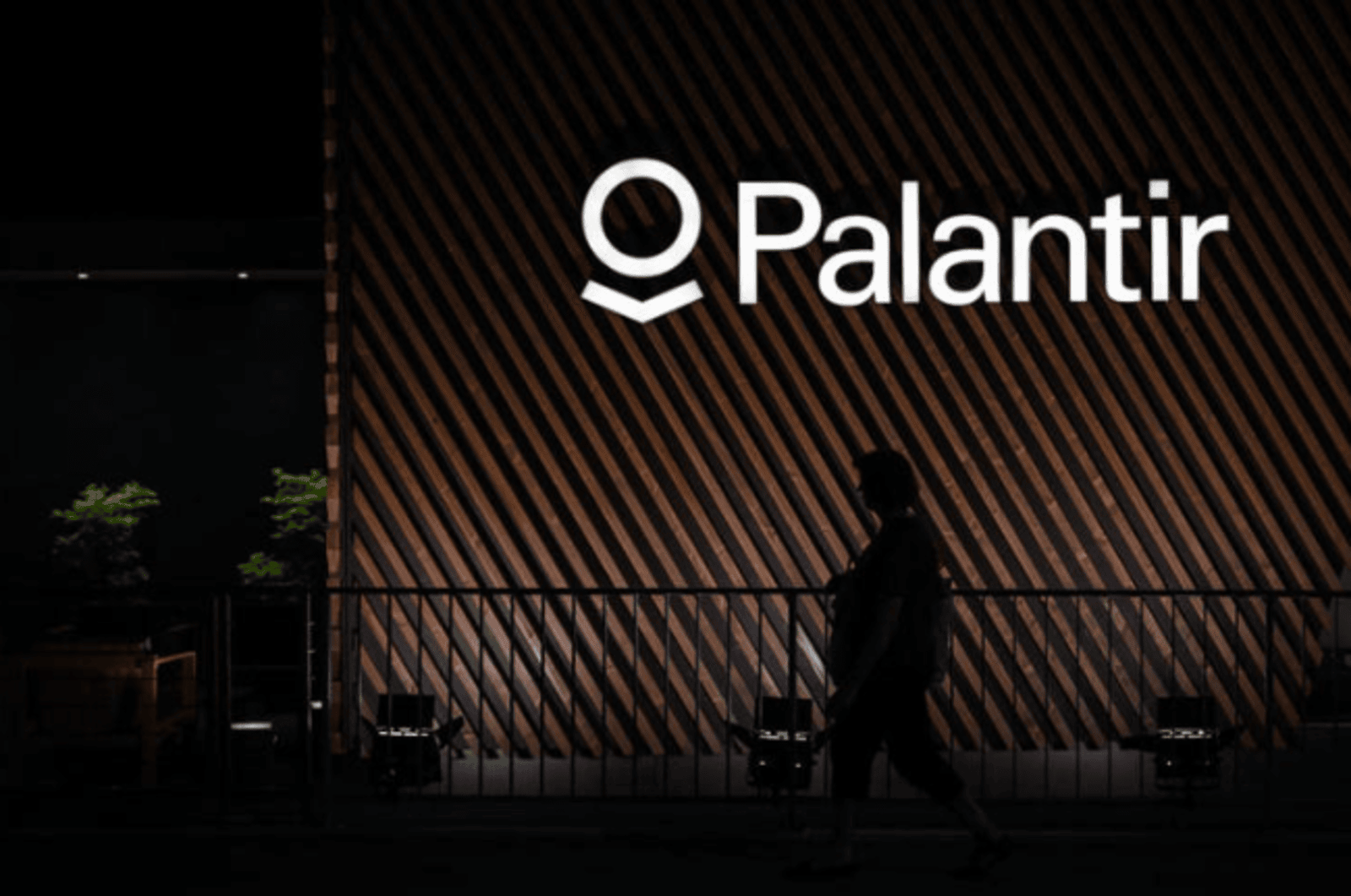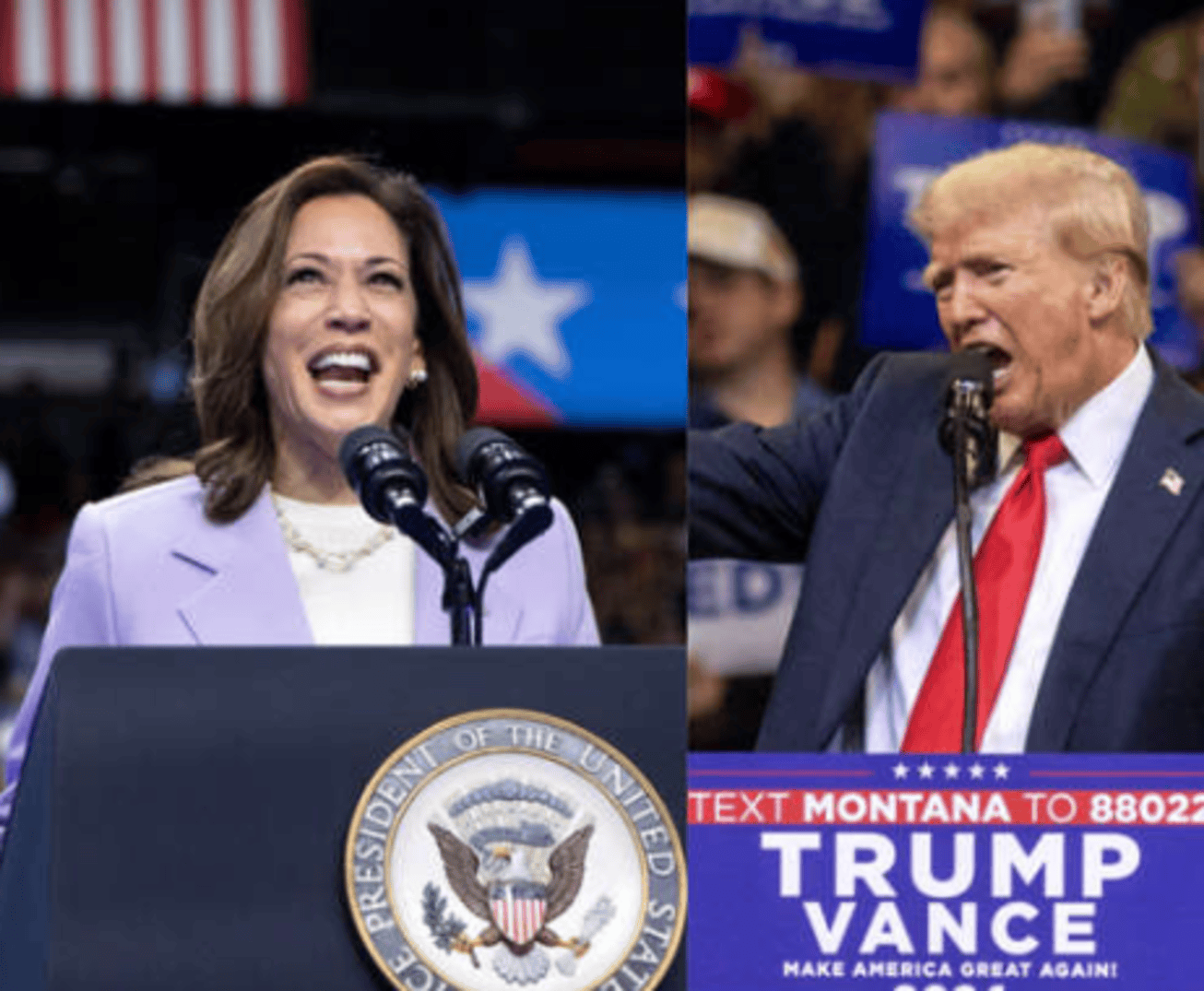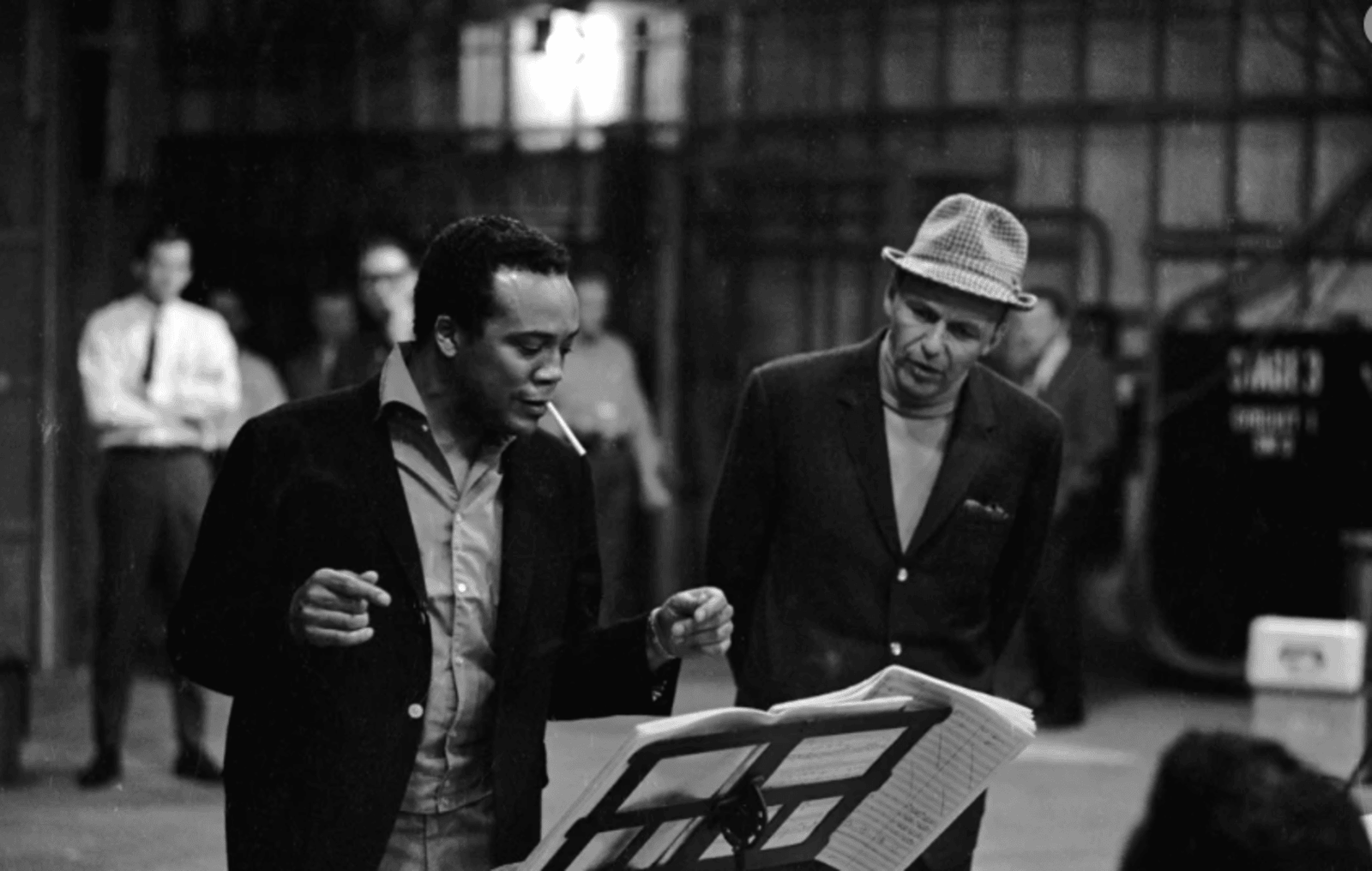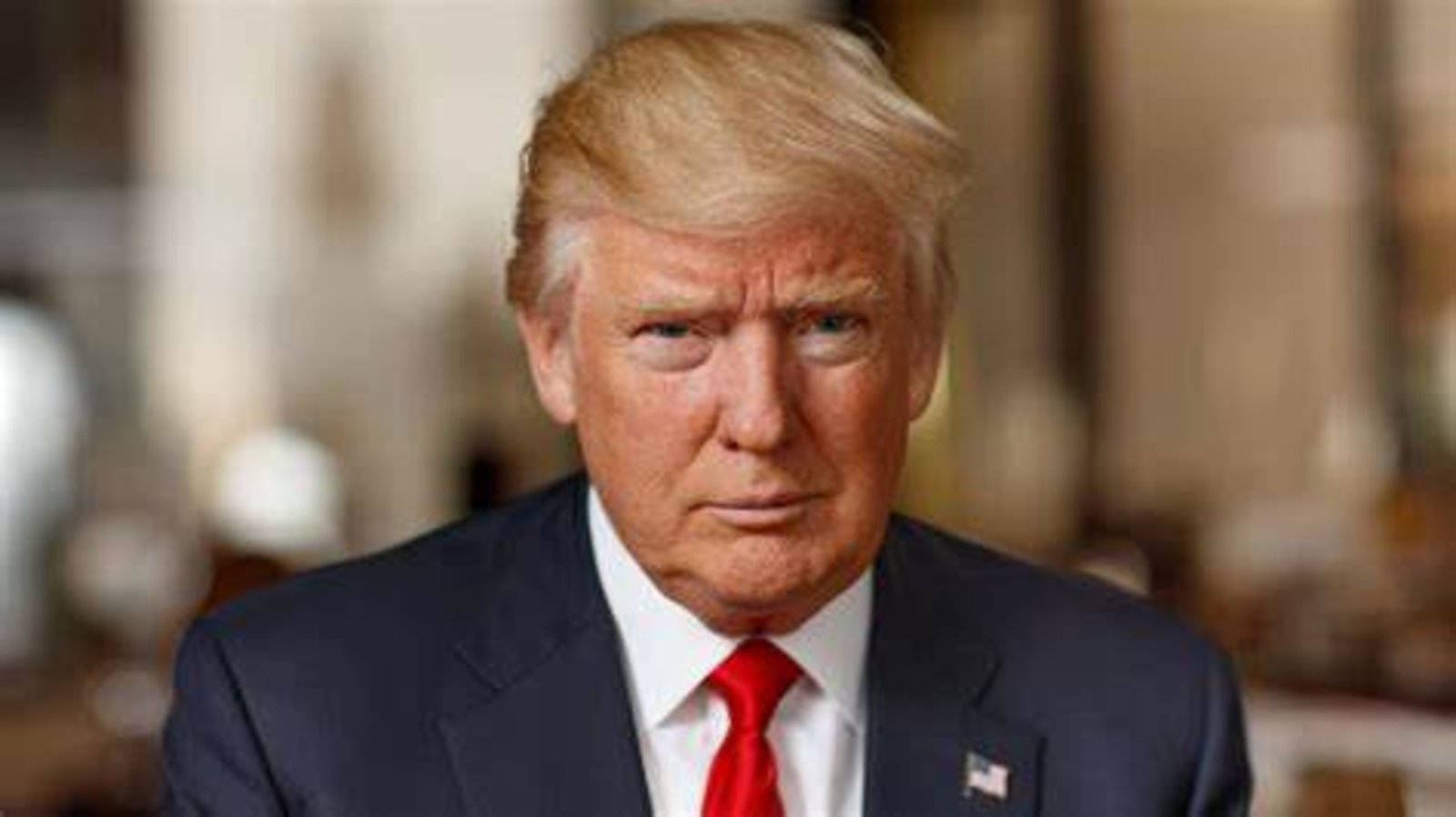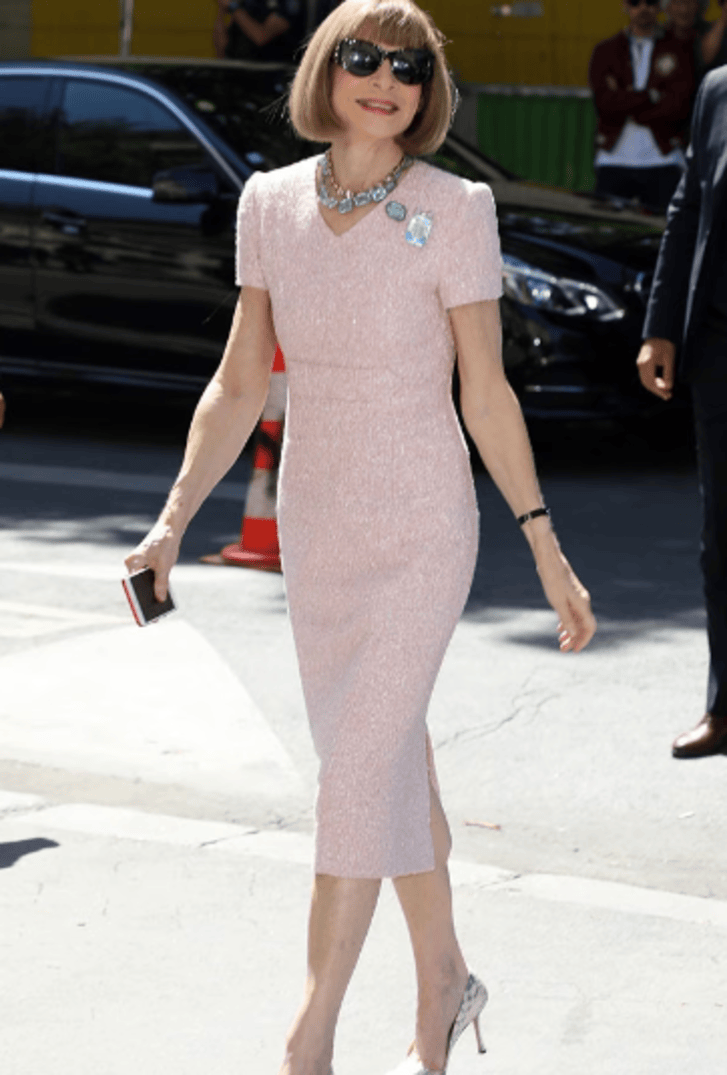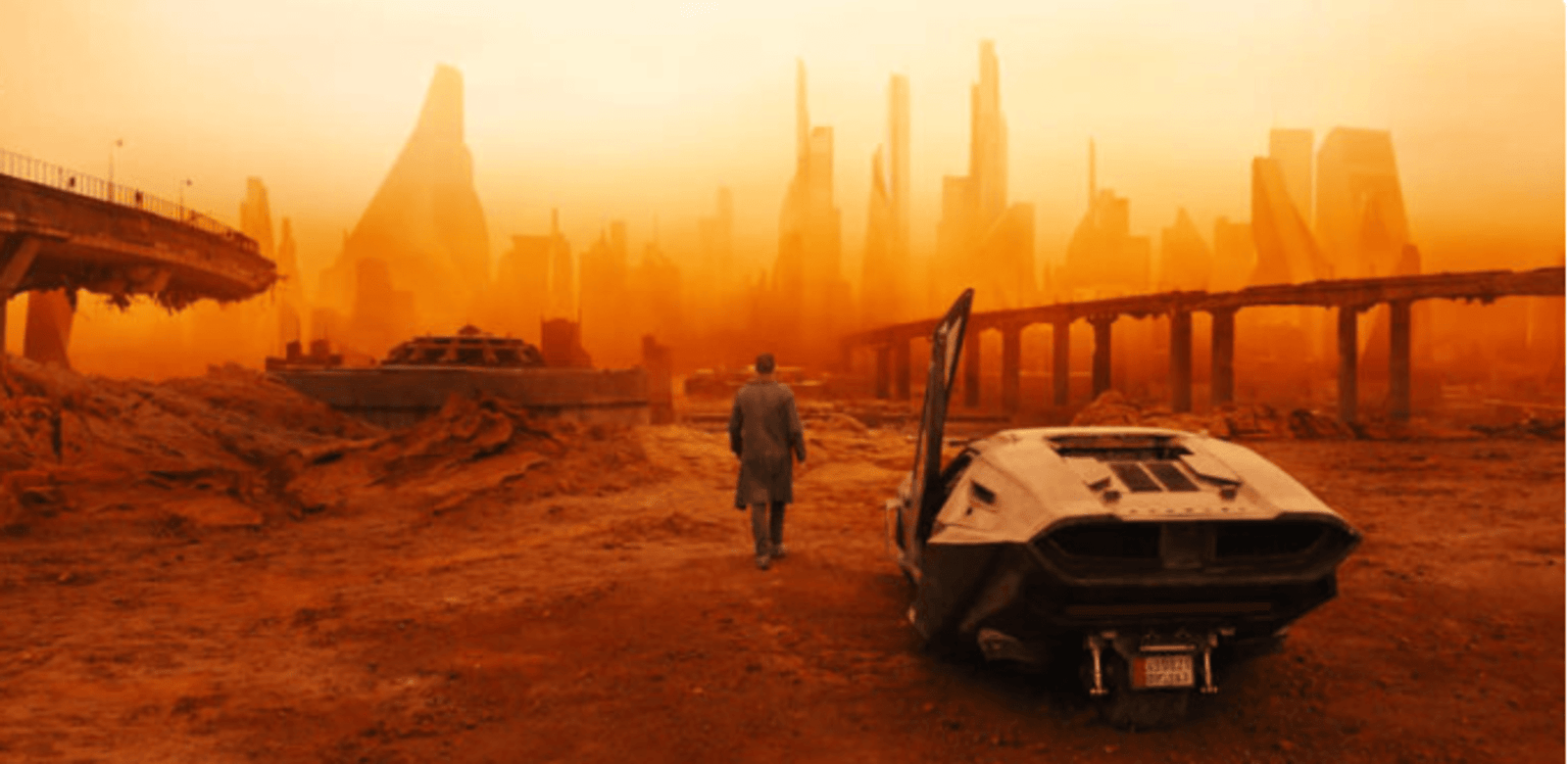
Tesla Sued for 6M Over Blade Runner Image
Tesla’s Alleged Copyright Infringement

Tesla, the world-renowned electric vehicle company led by Elon Musk, has found itself in hot water once again.
The lawsuit highlights that Tesla used the altered image during a livestream presentation, displaying it prominently for 11 seconds. These 11 seconds, Alcon argues, amounted to significant marketing exposure, and during that time, Musk himself awkwardly referenced Blade Runner 2049 while discussing Tesla’s new product. Alcon alleges that this action was not only in bad faith but was also a deliberate infringement on their intellectual property rights.
Tesla’s Cybercab prototype, which is designed to be fully autonomous and lacks a steering wheel, has drawn attention for its futuristic design. However, Alcon contends that the vehicle bears a striking resemblance to the car driven by Ryan Gosling’s character in Blade Runner 2049. The visual similarities, coupled with the unauthorized image use, have led Alcon to believe that Tesla is attempting to align its product with the movie’s iconic imagery.
This has not only upset Alcon but also raised concerns about the broader implications of AI technology being used to generate images that closely mimic copyrighted material. In the lawsuit, Alcon specifically points to the fact that Tesla used an AI-driven image generator to slightly alter the still from the movie, bringing into question how AI is used in marketing and product launches.
Elon Musk’s Connection to Blade Runner
Elon Musk is known for his love of science fiction, and his admiration for Blade Runner is no secret. During the Cybercab presentation, Musk even remarked, “I love Blade Runner, but I don’t know if we want that future.” Despite his verbal nod to the film, Alcon argues that this does not justify Tesla’s use of the copyrighted image.
The lawsuit accuses Musk of using his platform and influence to blur the lines between homage and infringement. Alcon claims that Musk’s acknowledgment of Blade Runner 2049 during the presentation did little to explain why the image was used, further demonstrating that Tesla had no legal or credible reason for its actions.
Impact on Alcon’s Future Projects
Warner Bros. Discovery’s Involvement
Warner Bros. Discovery, the distributor of Blade Runner 2049, was also named in the lawsuit. The studio allowed Tesla to use its Burbank, California lot for the Cybercab event, making them a part of the legal proceedings. Alcon has expressed its dissatisfaction with Warner Bros. for permitting Tesla to host the event on their property, which they argue gave the appearance of an endorsement or affiliation between the two companies.
The inclusion of Warner Bros. in the lawsuit adds another layer of complexity. While they may not have directly been involved in the infringement, their connection to the event through the use of their facilities ties them to the legal battle. Whether Warner Bros.
The Use of AI and Copyright Concerns
One of the most intriguing aspects of this case is the role AI played in the alleged infringement. This raises important questions about how AI tools are being utilized in marketing and creative projects, particularly when it comes to copyrighted material.
AI-generated content is increasingly being used in various industries, but this case highlights the potential legal pitfalls of using such technology without proper permissions.
Conclusion
The lawsuit filed by Alcon Entertainment against Tesla and Elon Musk over the alleged unauthorized use of Blade Runner 2049 imagery presents a complex legal battle. At the heart of the case are questions about copyright infringement, the role of AI in creating content, and the broader implications for intellectual property in the digital age.
As this case unfolds, it will be a critical test of how the courts handle AI-driven content in the context of copyright law. Both Tesla and Alcon have a lot at stake, with potential financial damages and reputational impacts on the line. How this case is resolved could shape the future of AI use in marketing and entertainment, as well as set a precedent for intellectual property rights in an increasingly automated world.


